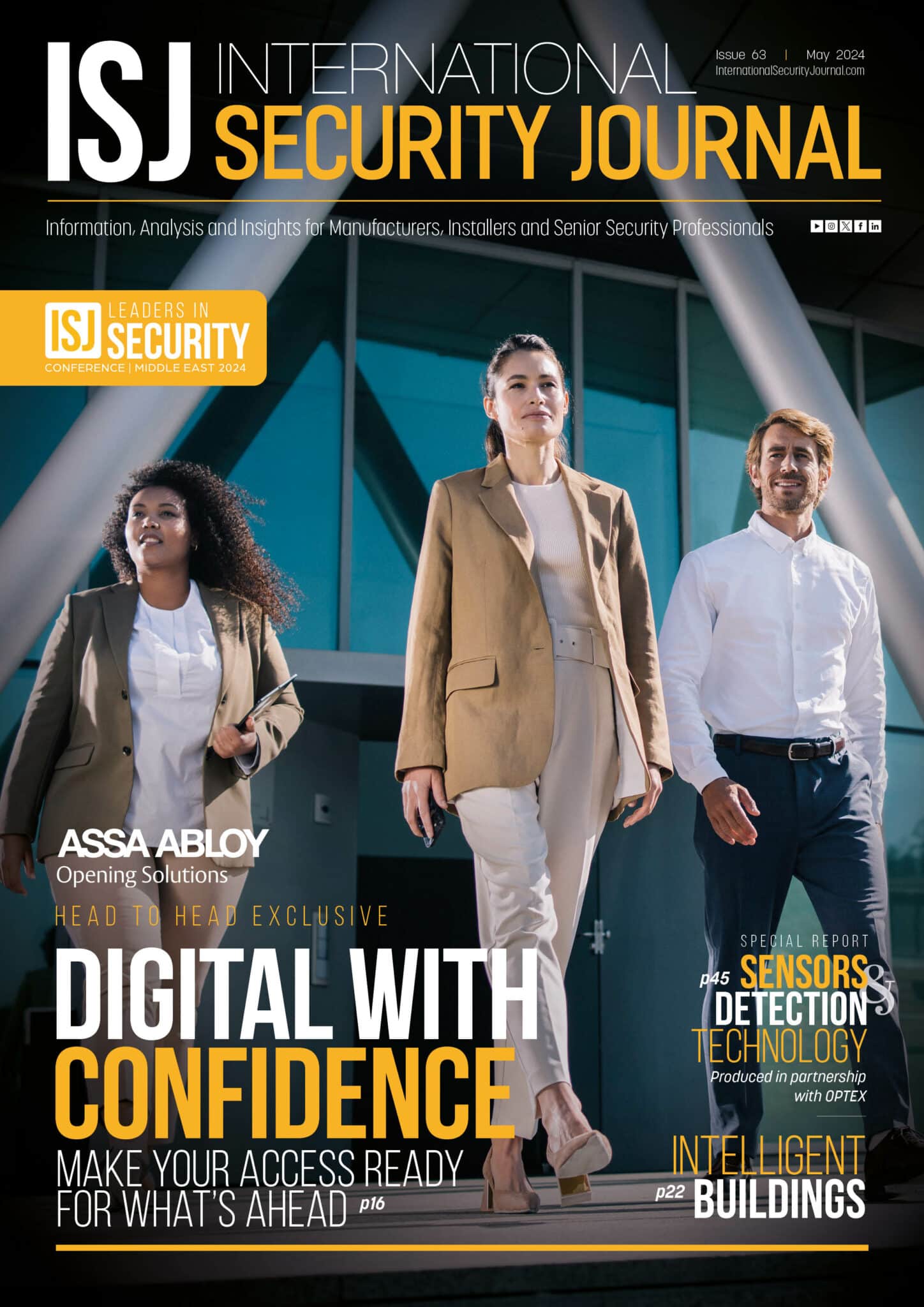Security wakes up to sustainability


James Thorpe
Share this content
The security industry has a unique opportunity to drive sustainability, writes Neil Killick, EMEA Sales Director, Milestone Systems.
The world has just experienced its hottest June to August on record and the UN Secretary-General António Guterres has recently expressed real fears that the world will not be able to meet the 2°C limit agreed under the Paris Agreement by 2050.
Given such pressures, it is no surprise that sustainability is becoming more critical to businesses of all sizes.
Organisations are increasingly aware of their impact on the environment and are taking steps to measure and mitigate that impact.
Consultancy EY reckons that 80% of FTSE 500 companies have net zero commitments in place.
In the US, the Biden administration’s Inflation Reduction Act is expected to deliver a $391b boost to renewable energy and decarbonisation between 2022 and 2031.
Multiple answers to a pressing need
It’s no surprise that my conversations with users, specifiers, manufacturers and installers confirm that sustainability is an increasing concern for those in the security sector.
After all, their core business is keeping people, property and assets safe, which is made even more challenging with extreme climate conditions, air pollution and dwindling water resources to contend with.
However, I would argue that the industry is uniquely positioned to address these risks and drive sustainability.
From a product perspective in fact, smart technology design can not only minimise adverse effects on the environment but also help to reduce energy consumption.
In this way, we can save costs in security installations and extend the lifespan of the hardware used.
And, while at Milestone Systems we continue to see hardware and cloud-based solutions existing alongside each other for the foreseeable future, the growing deployment of cloud solutions can bring environmental benefits.
While energy and resource use at data centres must, of course, be considered, cloud-based solutions can eliminate unnecessary hardware, while there is some evidence that computing at scale in the cloud is more efficient than if undertaken onsite.
Of course, like many in the sector, Milestone is committed to sourcing more of its operational electricity needs from renewable sources.
Like most, we comply with local environmental legislations such as the European Union (EU) Battery Directive as well as the EU Waste Electrical and the Electronic Equipment (WEEE) Directive.
But, more can be done: Let me explain how.
To manage, we must first understand
The real potential to address sustainability across our industry comes from giving users greater insight into their operations and the ability to manage their resources better.
In this way, video technology continues to assess and manage risk, but moves ‘beyond’ security to provide added value through business intelligence.
For example, by utilising data-driven video technology that uses AI to recognise patterns in data, we can deliver insights and capabilities to improve the quality of life in a city.
It allows those responsible for traffic flow around cities – typically, significant sites of pollution – to better manage traffic on the roads by understanding who is using roads and when.
Overlaying this data with air quality readings, for example, then allows operators to optimise road use, redirect traffic and alert pedestrians to the parts of a city that offer the most efficient and cleanest route to work.
In stores, schools and offices, the combination of video and AI helps managers understand how their buildings are used so they can allocate resources such as lighting, heating and ventilation – and even computing power to those parts of the buildings where they are actually needed.
This actually saves the energy otherwise required to power parts of a building that might at best be underused, and worst, left unoccupied while the lights and heating are blazing.
Sustainability: The right thing and the smart thing to do.
Crucially, in the example above, data-driven video technology brings not only environmental benefits through lower energy use and reduced carbon emissions.
At a time of fluctuating energy prices, using technology in this way removes supply uncertainty, builds organisational resilience and provides cost savings that go straight to the bottom line.
It’s why I believe that, as buildings grow ever more connected and security systems increasingly act as their backbone, the security industry has a unique opportunity to drive sustainability.
It’s an opportunity it should grab with both hands.


